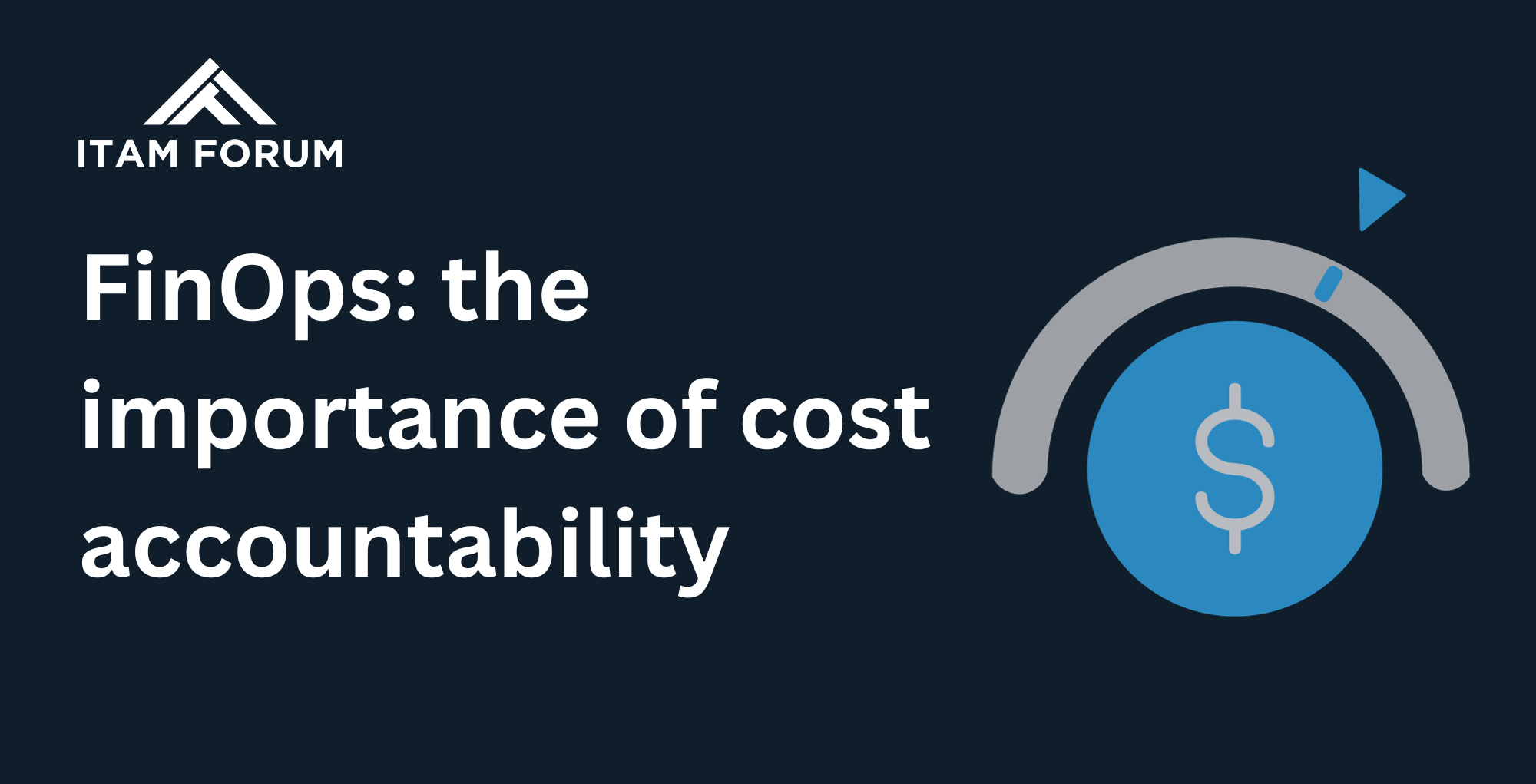Author: Sergio Molina is Head of Cloud – FinOps at Santander UK and an ITAM Forum Ambassador (FinOps)
FinOps is a recent function and the natural response to addressing the challenge of understanding the true costs associated with Cloud Technology. Cloud FinOps really stands for Financial Management and DevOps. We define Cloud FinOps as a set of practices that combine financial management and technical expertise to optimize cloud spending and align investments with business goals.
Speed is the key distinction between operating and building products in cloud technology, as opposed to the server-based and on-premises computing paradigm. Speed encompasses availability, deployment, acceleration and product growth, which inherently results in rapid cost fluctuations. And the main reason why the speed is different, is that you are not buying infrastructure or ‘objects’ to place within your organization’s Data Centre. You are buying the time of the technology element, the capacity.
FinOps answers questions through science
FinOps is focused on taking advantage of the Cloud’s variable cost model. The model to ensure success is to answer questions like you would in science: observe, measure, think.
The translation of this scientist approach to FinOps is: Inform, Optimize and Operate. These are the three phases of the FinOps Framework. How you implement the model will depend largely of your organization and your team’s skills.
A person capable of swiftly grasping cloud costs needs to possess a range of diverse and intricate skills. They must be versed in the fundamental concepts of cloud technology, and advanced knowledge, potentially at an architectural level, is highly advantageous. Understanding data architectures, analytics and representation, underpinned by a solid foundation in mathematics and the ability to connect data visualization with product narratives, are imperative skill when it comes to FinOps, but these are not enough.
ITAM professionals are in a privileged position to tackle the Cloud. They have knowledge about the organization and its technology demands, but, they will need to skill up to adapt to the new speed.
Education is powerful
The capacity to educate, guide, and influence those responsible for cloud expenditures (the engineers and developers) brings real value.
If a FinOps team can influence others to think that cost accountability is a shared responsibility, and the cost of features becomes a design and evaluation metric, the execution of any recommendation will enjoy better success. New products with cost assessments done during design will improve business result at the next level.
FinOps or Finance can negotiate favourable pricing, track emerging trends, price fluctuations, explore supportive products, and crucially, oversee tools that present engineers with a clear, straightforward view of their costs and the impact of their designs.
This ongoing education across the organisation will foster a mentality where cost is an integral factor in opportunity evaluation.
This principle has been instrumental to many successful start-ups. It’s also traditionally been a key factor of finance and control teams in large corporations. However, engineers, software developers and IT rarely consider cost during development. This is one area where FinOps and ITAM can bring real business value.

